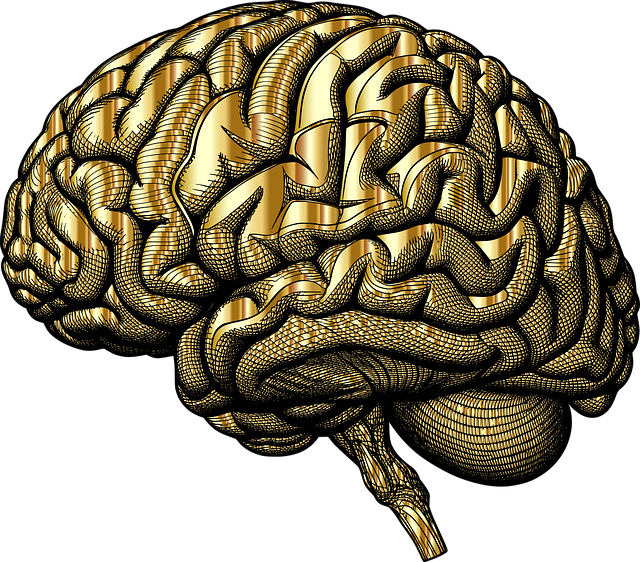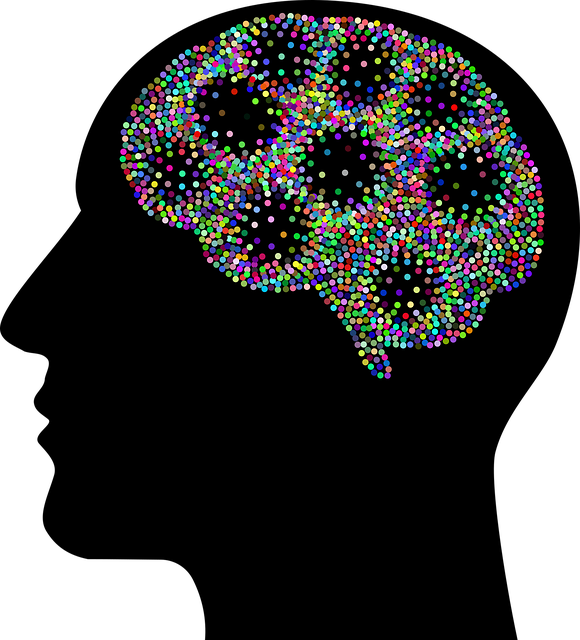Westminster's specialized Westminster ADD-ADHD Evaluations Therapy (WAET) uses the Reinforcement, Feedback, and Motivation (RFM) framework to help individuals with ADD/ADHD manage emotions, regulate actions, and achieve emotional stability. Through tailored evaluations, structured activities, and evidence-based practices, WAET equips clients with coping skills, boosts self-esteem, and fosters mental health education, enabling them to lead more fulfilling lives by mastering their symptoms and achieving emotional balance.
Resilience is a vital asset for navigating life’s challenges, especially for individuals with attention-deficit/hyperactivity disorder (ADHD). This article explores how the RFM (Resource, Strengths, and Coping Mechanisms) model enhances resilience building through exercises implemented in clinical settings. We delve into the Westminster ADD-ADHD Evaluations Therapy Approach, a unique method combining assessment and therapy to foster resilience. By understanding RFM, professionals can tailor interventions, empowering individuals with ADHD to manage symptoms and thrive.
- Understanding RFM and Its Role in Resilience Building
- Implementing Resilience Exercises in a Clinical Setting
- The Westminster ADD-ADHD Evaluations Therapy Approach
Understanding RFM and Its Role in Resilience Building

Resilience is a vital skill to cultivate, especially for individuals navigating challenges such as Attention Deficit Disorder (ADD) or Attention Deficit Hyperactivity Disorder (ADHD). Understanding Reinforcement, Feedback, and Motivation (RFM) is key in building this resilience. RFM is a powerful framework that helps individuals recognize and respond to their emotional experiences effectively.
By implementing RFM principles, therapy and evaluations in Westminster can provide valuable tools for ADD/ADHD management. These techniques foster emotional regulation, which is essential for maintaining a sense of calm and stability amidst life’s ups and downs. Through reinforcement, feedback, and motivation, individuals can learn to manage their emotions, boost self-esteem, and develop effective coping strategies—all contributing to improved emotional well-being promotion techniques tailored to their unique needs.
Implementing Resilience Exercises in a Clinical Setting

Implementing Resilience Exercises in a Clinical Setting plays a pivotal role in fostering effective Westminster ADD-ADHD Evaluations and Therapy. These exercises are designed to equip individuals with robust coping skills, enhancing their ability to navigate life’s challenges. By integrating activities that promote self-awareness exercises and mental health education programs, therapists create a nurturing environment for growth.
This approach not only aids in the management of ADHD symptoms but also empowers patients with tools to build resilience. Through structured activities, individuals learn to recognize triggers, develop healthy coping strategies, and enhance their emotional intelligence. The Westminster ADD-ADHD Evaluations process becomes more comprehensive when therapy sessions incorporate these resilience building exercises, ensuring holistic support for each patient’s unique needs.
The Westminster ADD-ADHD Evaluations Therapy Approach

The Westminster ADD-ADHD Evaluations Therapy (WAET) approach is a comprehensive and holistic method designed to support individuals with Attention Deficit Disorder (ADD) or ADHD in managing their symptoms and enhancing overall emotional well-being. This therapy focuses on empowering clients through tailored evaluations, which identify specific areas of need. By utilizing advanced assessment tools, WAET professionals gain valuable insights into an individual’s cognitive functions, behavioral patterns, and emotional regulation abilities.
One of the key strengths of this approach lies in its ability to teach effective stress management techniques and promote emotional regulation skills. The therapy sessions are structured to help clients develop strategies for coping with daily challenges, improve focus, and enhance their overall resilience. Through a combination of evidence-based practices and personalized interventions, WAET aims to enable individuals to lead more fulfilling lives by mastering their symptoms and cultivating a deeper sense of emotional balance.
Resilience is a vital component of overall well-being, and integrating resilience-building exercises (RFM) into clinical practices can significantly enhance therapeutic outcomes. The Westminster ADD-ADHD Evaluations Therapy Approach exemplifies this by combining RFM with evidence-based treatments, demonstrating its potential to foster adaptability and cope with challenges. As professionals, embracing these innovative strategies enables us to empower individuals, especially those with ADHD, to navigate life’s complexities more effectively. By implementing RFM in clinical settings, we contribute to a holistic approach that enhances resilience, transforms lives, and leaves a lasting impact.














